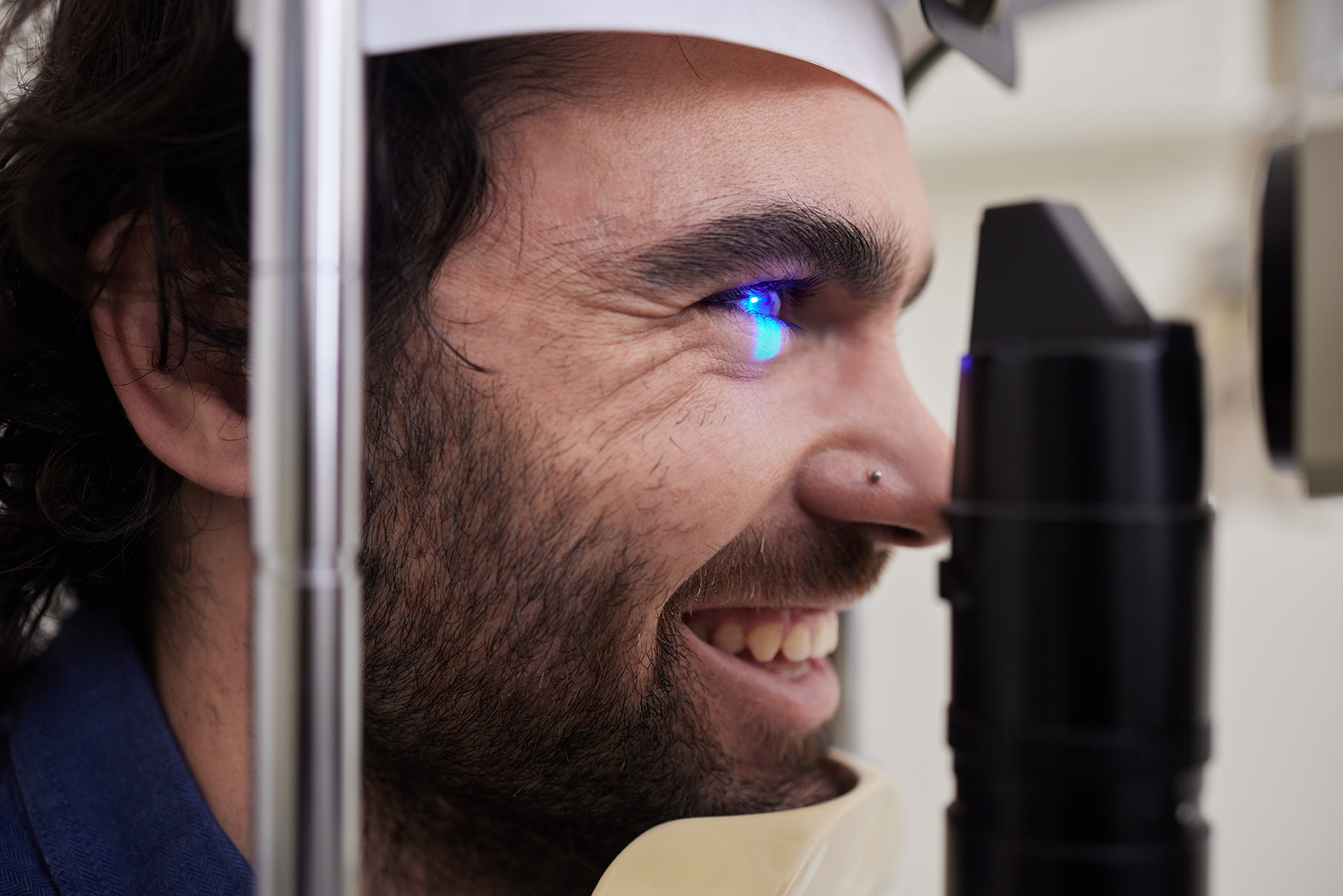Categories
It’s true that picking the right LASIK surgeon can have a positive impact on the quality of your vision after LASIK. It’s true that doing your due diligence to make it to the best surgeon possible is super important. Lastly, it’s also true that the FDA plays a key role in ensuring our safety in medical procedures. Despite all that, this article will end with an explanation of why asking your LASIK surgeon about FDA approval for LASIK isn’t of paramount importance.
I’m not against regulation.
When I get on a plane, I like knowing that there are people in charge of making sure the equipment functions properly. While the opinions on government regulation may vary, we all want to be safe. It’s necessary to have oversight — by people with the time and competence to do it — of the complicated details of life that we depend on. Because we don’t have omniscience to evaluate every detail of every product we depend on, when it comes to our health, the FDA has that job.
Sure, the FDA is sometimes heavy-handed, sometimes bureaucratic, and often vilified (like in this sentence, for example). Yet, the Food and Drug Administration is absolutely invaluable in helping keep us safe. We don’t have a way to do bacterial cultures of every piece of food we put in our mouths. We don’t have home chemistry sets to analyze the components of the drugs we take. And we can’t pay for the research necessary to ensure a new technology is safe and effective.
The FDA is there to handle those details for us.
The FDA serves that function for the details LASIK technology. In this case, however, the FDA’s major contribution was in the ‘90s with the original approval of the excimer laser used in LASIK. New excimer lasers still have to go through the same FDA approval process, but the first FDA approval was the most important by far.
There’s a reason the original FDA approval of the laser used in LASIK was the proverbial lynchpin. It was then that the original bar was set for how good the results should be. And also for how rare the complications should be. Once that level of efficacy and safety was demonstrated in clinical trials, the FDA approved LASIK. Within a few years, it was so popular that a million procedures were being performed annually.
That original approval followed by a massive surge in popularity soon put LASIK in a place where FDA approval — while still important — isn’t the most important question. The results people get by the hundreds of thousands, and the rarity of complications, do two things:
They give us more data than the largest of FDA trials ever could.
It creates an environment where the quality of results must be significantly better than the original FDA trials required.
It’s highly unlikely that you’d be able to find a LASIK surgeon with a laser that isn’t FDA approved for humans. The worst laser you could find today would nearly certainly exceed the results of the original FDA trials. So now, while FDA approval is still required, it’s the very first and rock-bottom-lowest bar for laser quality.
The better-than-20/20 vision that’s the current aim (and current average) for a good LASIK candidate is the result of dramatically improved diagnostic and laser technology. Any surgeon providing results at modern day levels would vomit at the idea of using technology even close to what was required for FDA approval. As an analogy, it would be like interviewing a new head coach for an NBA team and asking, “Do you know which line on the court is the three-point line?” Sure, that guy should know, but he’s thinking about strategy and results on a waaaay different level than an introductory course on the rules of basketball.
In other words, FDA approval is important. But if you’re talking to a LASIK surgeon who can explain why you’re a candidate for LASIK and why your results should be excellent, you shouldn’t have to worry about asking about FDA approval. If you find yourself in front of a doctor who looks like a mad scientist and explains the procedure will be done in the back of a van, you still shouldn’t need to ask about FDA approval. You should fake a phone call and run out of there. You have plenty of options for LASIK where the quality is better than the FDA ever assumed it could be when LASIK was approved.
